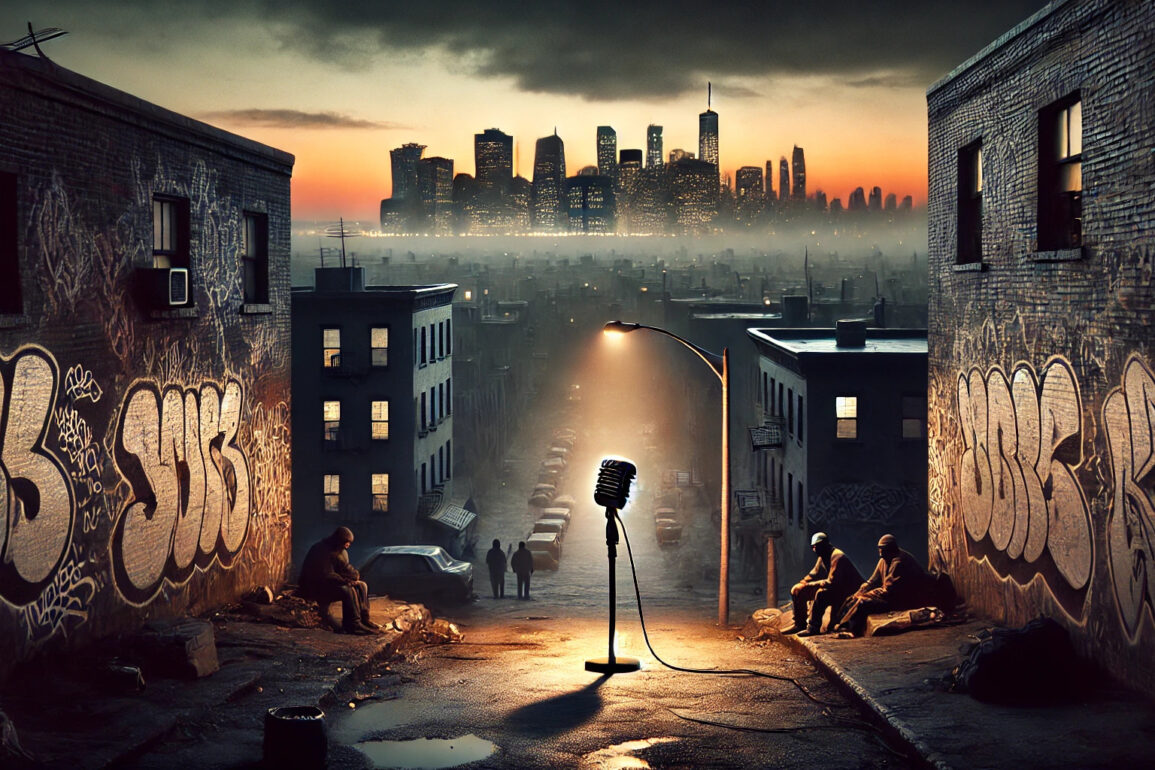In the powerful YouTube video titled “Why Rappers Don’t Live That Long,” Niyah Tashay presents a raw and thought-provoking commentary on the relationship between rap music and violence. While rap has often been blamed for the increase in crime and violence in marginalized communities, Tashay argues that this perspective is not only misleading but also dangerous. She delves into the systemic issues of poverty, consumerism, and oppression that lie at the heart of the violence we see today.
Niyah Tashay starts by reminding us that violence predates rap. She highlights historical gangs and organized crime as prime examples, emphasizing that the rap genre reflects the environment it was born into, rather than creating that environment. Rap, in its essence, is a poetic expression of the realities faced by those living in oppressive conditions. Blaming rap for violence, she argues, shifts focus away from the deeper, systemic issues like poverty and lack of resources.
As Tashay notes, the glorification of violence isn’t limited to rap music. In fact, America’s military spending and its veneration of soldiers are examples of how violence is praised and legitimized in certain contexts. Yet, when individuals from marginalized communities engage in similar violent behavior, they are criminalized. This double standard is part of a larger issue, one that highlights the stark differences in how violence is perceived depending on who is involved.
Tashay also criticizes the impact of capitalism and consumerism, explaining how the pressure to “floss” or flaunt wealth through material possessions exacerbates violence in communities. The obsession with displaying success through material goods, she argues, creates an atmosphere of envy and competition, which can turn deadly.
In line with these observations, C-Note, a prison artist, commentator, and also known as The King of Prison Hip Hop, echoes many of these sentiments in his essay “Reversing the Inaccessibility of a Vibrant Middle Class to People of Color.” C-Note offers a unique perspective from behind prison walls, addressing the systemic barriers that keep communities of color trapped in cycles of poverty and incarceration. He writes, “Most research studies have concluded, crime rate increases are connected to unemployment and low wages,” underscoring the link between economic hardship and crime. Like Tashay, he emphasizes that rap is not the cause of violence but rather a reflection of the conditions that breed it.
C-Note also points to the power of visible role models in the community, recalling how the commercial success of Long Beach rapper Snoop Dogg had a positive impact on his hometown. Snoop’s visibility showed young people an alternative path to success, one that didn’t involve drugs or guns but rather a microphone and a pen. This influence, C-Note argues, stunted criminal behavior in Long Beach and saved lives—a stark contrast to the violent glorification seen in today’s drill music.
Both Niyah Tashay and C-Note call for community rebuilding as the real solution to violence. Tashay suggests that instead of blaming rap music, society should invest in education, healthcare, and other resources that would uplift marginalized communities. C-Note, whose 2020 essay was part of a special project curated by The Beat Within and the National Institute for Criminal Justice Reform (NICJR), echoes similar sentiments. His essay, “Reversing the Inaccessibility of a Vibrant Middle Class to People of Color,” was supported by the Art for Justice Fund, an organization dedicated to using art as a vehicle for justice reform. C-Note proposes that public-private partnerships support the arts at a grassroots level while creating a business climate that fosters sustainable middle-class jobs.
Together, their voices challenge us to look beyond the surface. Rap music, often vilified, is merely the tip of the iceberg. The real problem lies deeper—in the entrenched systems of poverty, inequality, and consumerism that continue to devastate communities of color. It’s time to stop blaming the music and start addressing the root causes. For a deeper look into these powerful ideas, check out the full video below.
Want to dive deeper into these important conversations? Be sure to check out more insightful content on Niyah Tashay’s YouTube channel and explore the transformative work of Donald “C-Note” Hooker on his website at C-Note.org. Their voices challenge the status quo and offer fresh perspectives on the intersection of music, art, and justice reform.







